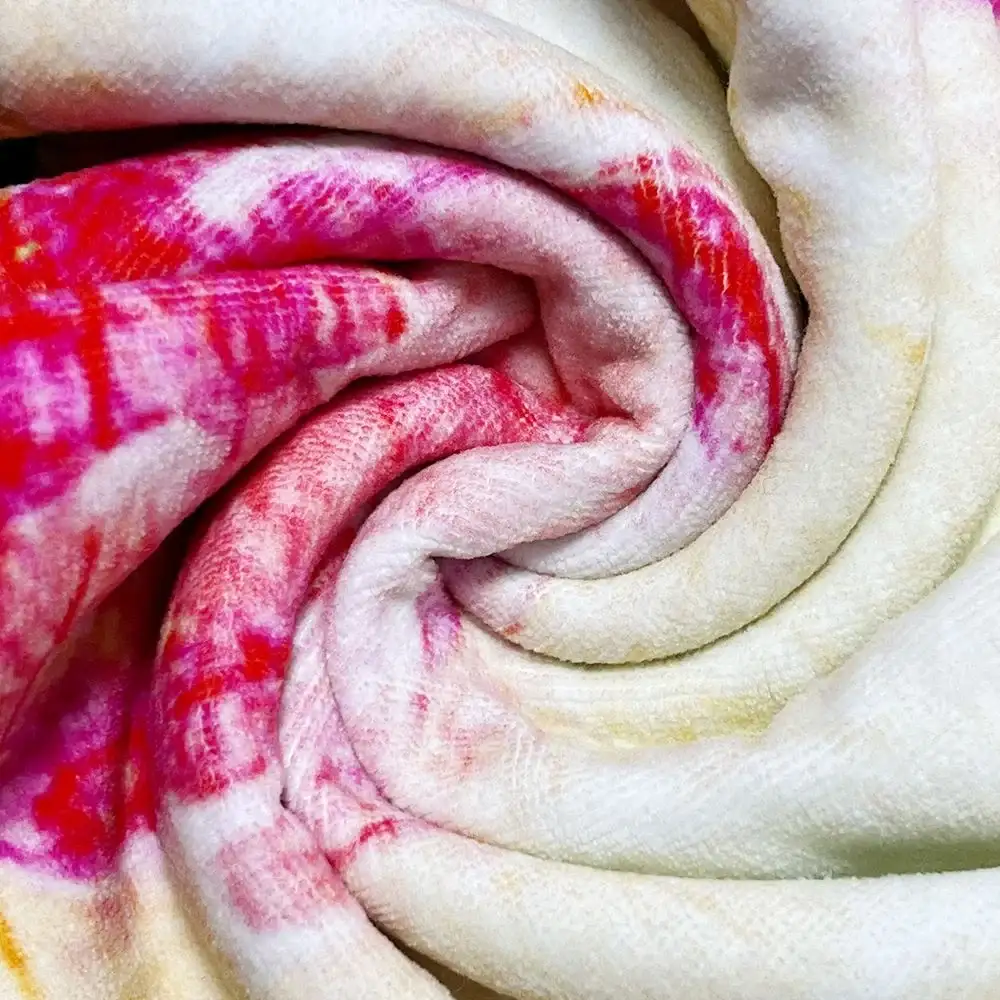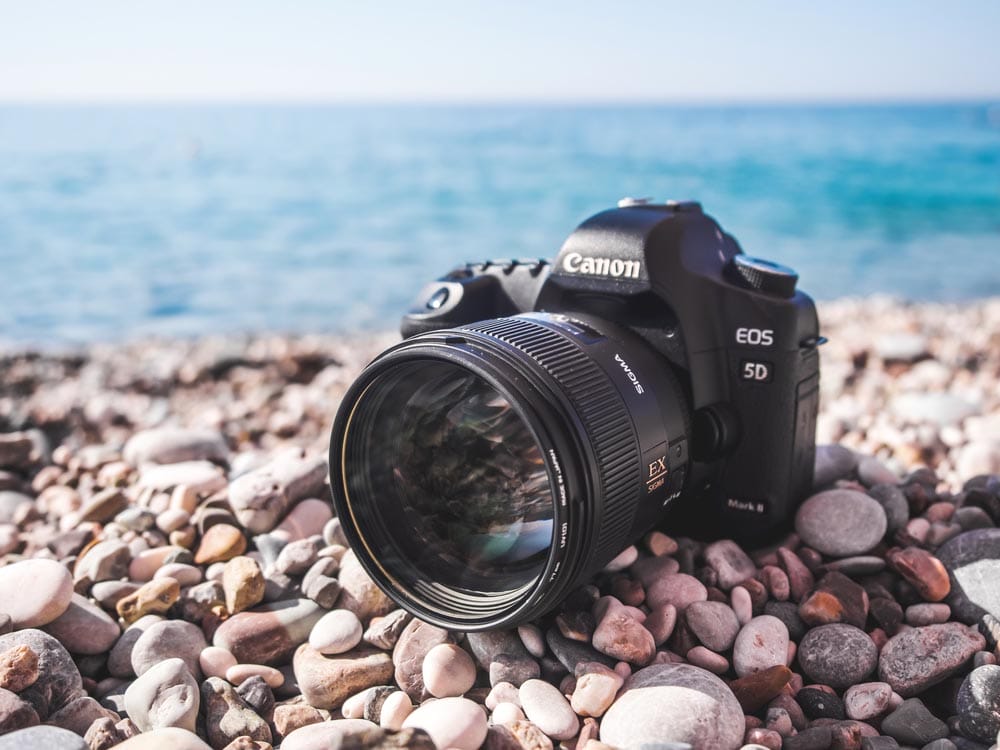Photography has become an integral part of our lives, capturing moments, emotions, and stories in a single frame. Beyond its aesthetic appeal, photography has a profound impact on the human brain. In this article, we will delve into the intricate relationship between photography and the brain, exploring how it influences our cognition, emotions, and memory.
- Visual Stimulation and Perception:
Photography provides a visual stimulus that engages our brain's visual processing centers. When we view a photograph, our brain decodes the visual information, recognizing shapes, colors, and patterns. This process activates the primary visual cortex, enhancing our perception and enabling us to interpret the world captured within the image. - Emotional Response and Empathy:
Photography has the power to evoke strong emotions within us. When we see a photograph, our brain activates the amygdala, the emotional center, triggering emotional responses. Whether it's a captivating landscape or a poignant portrait, photography can elicit feelings of joy, sadness, awe, or empathy. This emotional connection fosters a deeper understanding of the subject matter and enhances our ability to empathize with others. - Memory Formation and Preservation:
Photographs have the remarkable ability to preserve memories. When we capture a moment through photography, our brain associates the visual information with the emotional context, creating a lasting memory trace. Research suggests that photographs can enhance memory recall, as they serve as external cues that trigger the retrieval of associated memories. Moreover, revisiting photographs can evoke vivid recollections, reinforcing the neural connections related to those memories. - Storytelling and Narrative Processing:
Photography is a powerful storytelling medium. When we observe a photograph, our brain engages in narrative processing, constructing a story based on the visual elements presented. This cognitive process involves making inferences, filling in gaps, and attributing meaning to the captured scene. By stimulating our narrative processing, photography enhances our ability to understand and interpret visual narratives, fostering creativity and critical thinking. - Social Connection and Communication:
Photography plays a vital role in social interaction and communication. In the digital age, sharing photographs has become a common practice, allowing us to connect with others and convey our experiences visually. When we view and discuss photographs, our brain activates the mirror neuron system, which facilitates empathy and social bonding. This shared visual experience strengthens social connections and promotes a sense of belonging.
Conclusion:
Photography goes beyond being a mere visual art form. It has a profound impact on the human brain, influencing our perception, emotions, memory, storytelling abilities, and social connections. By understanding the cognitive effects of photography, we can appreciate its power as a tool for communication, self-expression, and personal growth. So, next time you pick up a camera or browse through a photo album, remember the intricate relationship between photography and the brain, and the transformative potential it holds.








+ There are no comments
Add yours